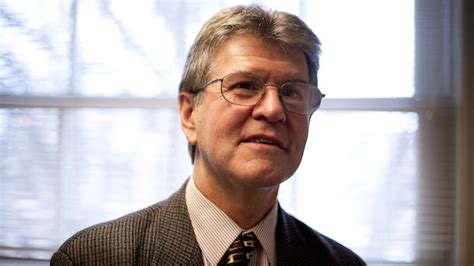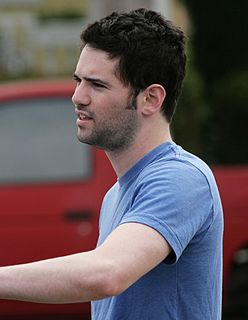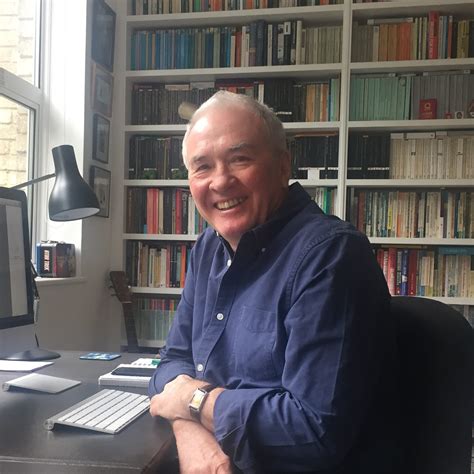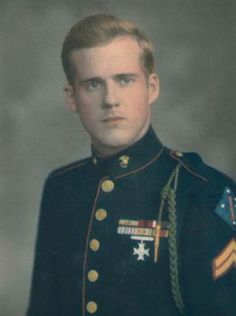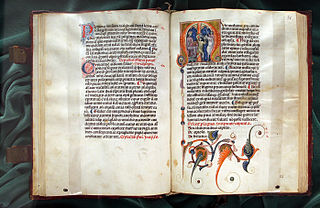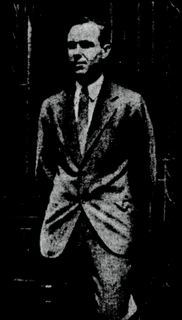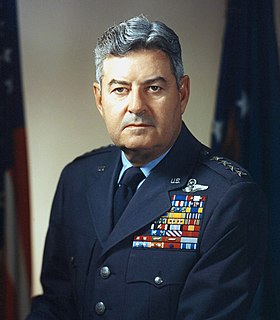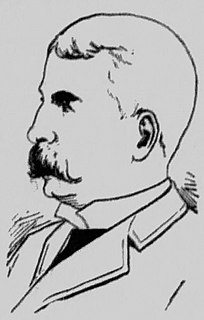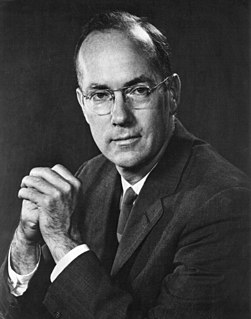A Quote by Philip Jenkins
The typical WW1 soldier was not an intellectual like Ernst Jünger or Wilfred Owen, but was a peasant draftee from Galicia or Bavaria or Sicily, with all the traditional religious ideas. The hothouse atmosphere of war brought everyone into a supernatural-oriented universe of ghosts and apparitions.
Related Quotes
The World War I, I'm a child of World War I. And I really know about the children of war. Because both my parents were both badly damaged by the war. My father, physically, and both mentally and emotionally. So, I know exactly what it's like to be brought up in an atmosphere of a continual harping on the war.
